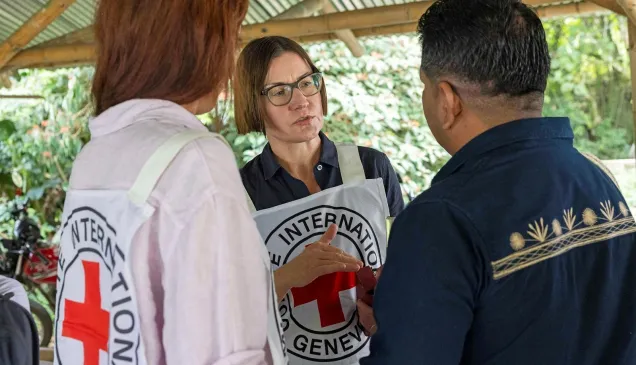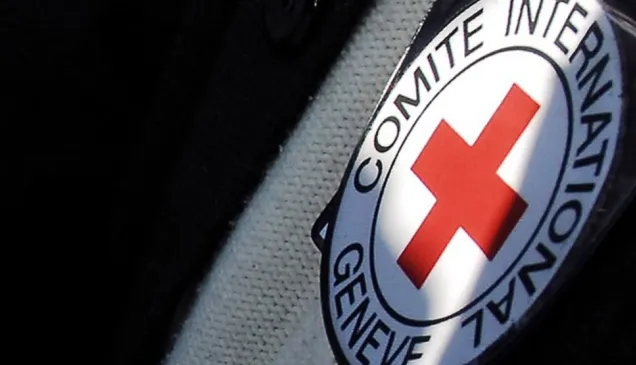Geneva (ICRC) – With more and more of the world's conflicts taking place within countries rather than between them, representatives from more than 100 governments are meeting in Geneva from April 27-29 to try to discuss steps toward stronger legal protections for those detained during such conflicts.
States have developed a significant body of law governing those detained in international conflicts, with more than 175 treaty articles in the four Geneva conventions regulating almost all aspects of detention, but "when it comes to non-international armed conflict, we see a stark contrast," said ICRC President Peter Maurer, speaking at the meeting's opening session.
Non-international armed conflicts (NIAC) are the most prevalent form of conflict, occurring in virtually every region of the world, but International Humanitarian Law, the body of law specifically designed for armed conflict, leaves much to be desired, when it comes to protecting detainees held in relation to NIAC, Maurer said.
"Although treaty and customary law contain vital protections, they are markedly limited in comparison to what exists for international armed conflict. This is especially true in the areas that the ICRC has identified as in need of strengthening: conditions of detention, particularly vulnerable groups, grounds and procedures for internment, and detainee transfers."
Maurer urged States participating in the discussions to look beyond political sensitivities and to remain focused on the need to address the humanitarian issues.
The gathering represents the third stage in a process to try to build consensus on how to better protect detainees in in non-international armed conflicts. Regional consultations took place in 2012 and 2013 to identify the main opportunities and challenges.
Thematic discussions followed in 2014, providing a deeper understanding of the technical and operational issues to consider. This week's widened discussions are aimed at sharing the insights acquired and gathering further views and contributions from States.
Providing humanitarian protection and offering assistance to detainees is a key part of ICRC's work. In 2014, the ICRC visited more than 800,000 detainees in over 90 countries, working to safeguard their life and dignity and to ensure:
- their protection against summary executions, forced disappearances and all forms of ill treatment;
- adequate conditions of detention, including food, water, hygiene, and medical care;
- contacts with the outside world, in particular with their families;
- respect for procedural safeguards and judicial guarantees which prevent arbitrary detention.
For further information, please contact:
Francis Markus, ICRC Geneva, tel: +41 79 217 32 04



